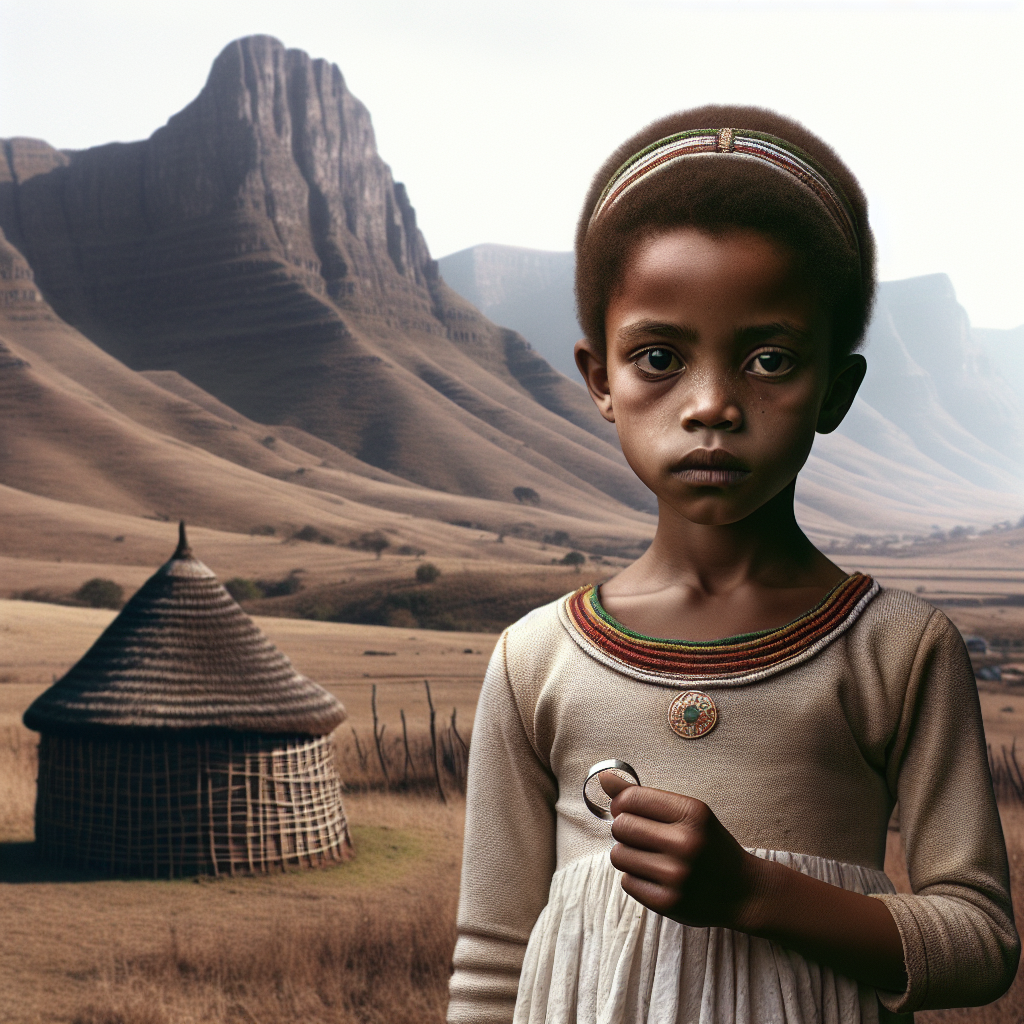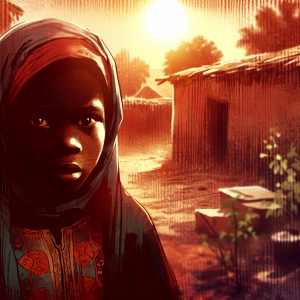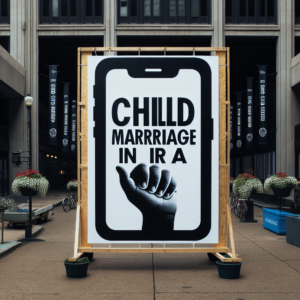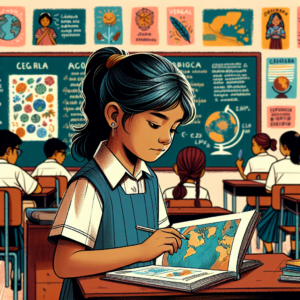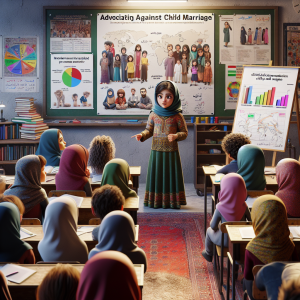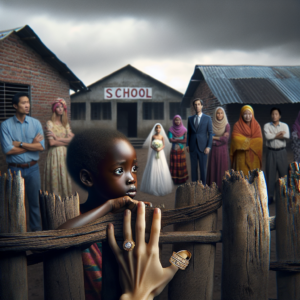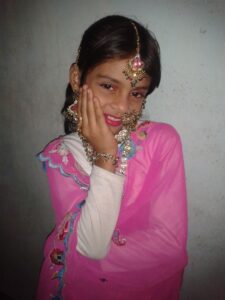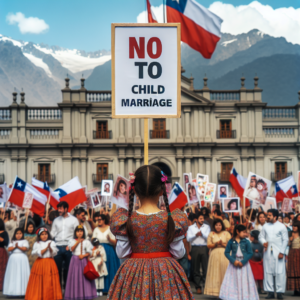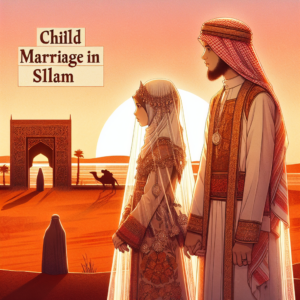#ChildMarriage #EndChildMarriage
Breaking the Chains: Understanding Child Marriage in Lesotho
Child marriage is a critical issue impacting millions of young girls globally. In Lesotho, a small landlocked nation in Southern Africa, this practice presents significant challenges to children’s rights and well-being. This article seeks to illuminate the complexities surrounding child marriage in Lesotho, exploring its causes, repercussions, and the urgent need for intervention.
What is Child Marriage?
Child marriage is defined as the formal or informal union of an individual under the age of 18 with an adult or another child. This practice can have catastrophic effects on the lives of young girls, including:
- Loss of educational opportunities
- Heightened risk of domestic violence
- Health issues stemming from early pregnancies
- Restricted economic prospects
According to the United Nations, around 12 million girls are married before reaching 18 each year. In Lesotho, the prevalence of child marriage is concerning, with many girls being wed as young as 15.
The Cultural Context of Child Marriage in Lesotho
Cultural beliefs and practices significantly influence the persistence of child marriage in Lesotho. Key factors include:
- Traditional beliefs: Numerous communities hold the view that marrying daughters at a young age secures their future and upholds family honor.
- Poverty: Families struggling financially may perceive child marriage as a means to alleviate economic pressure.
- Lack of education: Limited educational access for girls often results in early marriages as families prioritize the education of boys.
As Nobel Prize laureate Malala Yousafzai stated, “One child, one teacher, one pen, and one book can change the world.” Education serves as a powerful tool to disrupt the cycle of child marriage.
Consequences of Child Marriage
Child marriage generates extensive repercussions for individuals and society at large. Some of these consequences include:
- Health risks: Young brides face elevated risks of complications during pregnancy and childbirth, contributing to maternal mortality.
- Psychological impact: Many young girls suffer from trauma, depression, and anxiety due to forced marriages.
- Economic disadvantages: Child brides typically encounter limited job opportunities, perpetuating the cycle of poverty.
As author and activist Maya Angelou once remarked, “We may encounter many defeats, but we must not be defeated.” It is vital to confront these challenges to ensure a brighter future for the children of Lesotho.
Legal Framework and Child Marriage in Lesotho
Lesotho has made progress in addressing child marriage through legislation, establishing the minimum age for marriage at 18. However, enforcement remains a significant hurdle. Many families continue to marry off their daughters at a young age, often without legal documentation.
The lack of awareness regarding existing laws and the cultural acceptance of child marriage impede efforts to safeguard young girls. As human rights advocate Desmond Tutu stated, “If you are neutral in situations of injustice, you have chosen the side of the oppressor.” It is crucial for communities to actively challenge the norms that sustain child marriage.
Efforts to Combat Child Marriage
Numerous organizations and initiatives are dedicated to combating child marriage in Lesotho. These efforts encompass:
- Education programs: Enhancing access to education for girls is vital in preventing child marriage.
- Community awareness campaigns: Informing communities about the adverse effects of child marriage can help alter cultural perceptions.
- Support services: Providing resources and assistance for at-risk girls can empower them to resist early marriage.
As activist and author Gloria Steinem said, “The future depends entirely on what each of us does every day; a movement is only people moving.” Collective action is essential for creating lasting change in Lesotho.
The Role of the Community
Communities play a crucial role in addressing child marriage. Engaging local leaders, parents, and youth can cultivate a culture of change. Some strategies include:
- Involving men and boys: Engaging boys in discussions about gender equality can help transform societal norms.
- Promoting positive role models: Showcasing stories of girls who have excelled in education can inspire others.
- Encouraging open dialogue: Creating safe spaces for discussions about marriage, education, and rights can empower young girls.
As former First Lady Michelle Obama stated, “There is no limit to what we, as women, can accomplish.” Empowering girls and women is vital in the battle against child marriage.
How You Can Help
Raising awareness about child marriage in Lesotho is crucial for driving change. Here are some ways you can contribute:
- Educate yourself: Gain a deeper understanding of child marriage and its effects on communities.
- Support organizations: Donate to or volunteer with organizations dedicated to ending child marriage.
- Advocate for change: Use your voice to promote policies that safeguard children’s rights.
As human rights activist Nada Al-Ahdal said, “Protecting human rights is not an option, but a responsibility of us all.” Everyone has a role in the struggle against child marriage.
Conclusion
Child marriage is an urgent issue that demands immediate attention and action. This practice not only infringes on the rights of young girls but also perpetuates cycles of poverty and inequality. Understanding the cultural, legal, and social contexts of child marriage in Lesotho is vital for developing effective solutions. Through education, community engagement, and advocacy, we can unite to dismantle the chains of child marriage and secure a brighter future for all children.
By raising awareness and taking action, we can protect the rights of young girls and empower them to realize their full potential. Together, we can foster a world where every child has the opportunity to grow, learn, and thrive.
#NadaFoundation
#ChildMarriage
#Nada_Foundation
#NadaAlahdal
#Breaking #Chains #Understanding #Child #Marriage #Lesotho
breaking-the-chains-understanding-child-marriage-in-lesotho



